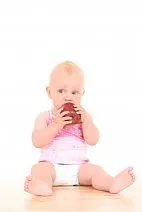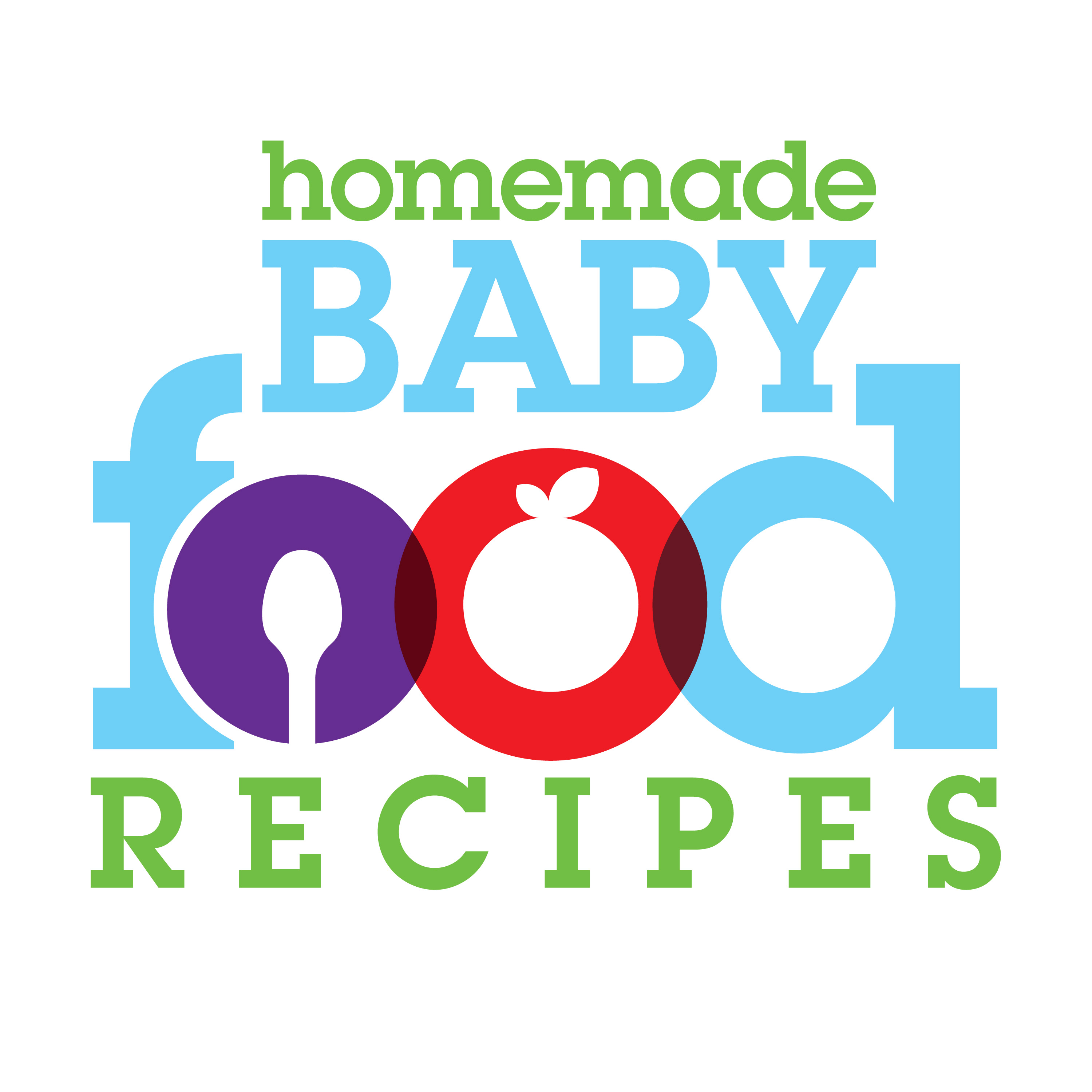 Using organic produce in your baby food recipes helps you ensure that your baby is not consuming harmful pesticide residues. Unfortunately, buying all-organic fruits and vegetables is just too expensive for many parents.
Using organic produce in your baby food recipes helps you ensure that your baby is not consuming harmful pesticide residues. Unfortunately, buying all-organic fruits and vegetables is just too expensive for many parents.
So the Environmental Working Group’s list of the ‘Dirty Dozen’ makes life a great deal easier for many of us.
This list highlights the twelve items of conventionally grown produce found in tests to be the worst offenders in terms of pesticide residues. We recommend that you buy the organically grown varieties of these items wherever possible.
Pesticides are toxic to humans in general, but particularly so to babies and young children who are far more susceptible to their harmful effects (a fact highlighted by the 1996 report ‘Pesticides in the Diets of Infants and Children’ by the National Academy of Sciences).
According to the Environmental Working Group (EWG)…
Consumers who choose five servings of fruits and vegetables a day from EWG’s Clean 15 list rather than from the Dirty Dozen can lower the volume of pesticides they consume by 92 percent, according to EWG’s calculations. They will also eat fewer types of pesticides. Picking five servings of fruits and vegetables from the 12 most-contaminated products would result in consuming an average of 14 different pesticides a day.
Scary stuff!
The list has recently been updated and apples currently rank as number one offender; a horrifying 98% of the apple samples tested were contaminated by pesticides, according to the USDA.
Also listed as ‘no-nos’ in terms of pesticide exposure are baby food favorites such as peaches, nectarines, domestic (US) blueberries and even white potatoes!
You can see the complete, updated list of the Dirty Dozen – plus the ‘Clean 15’ (the items lowest in pesticide residues and safer to offer to your baby even if conventionally grown) – here in our article:
